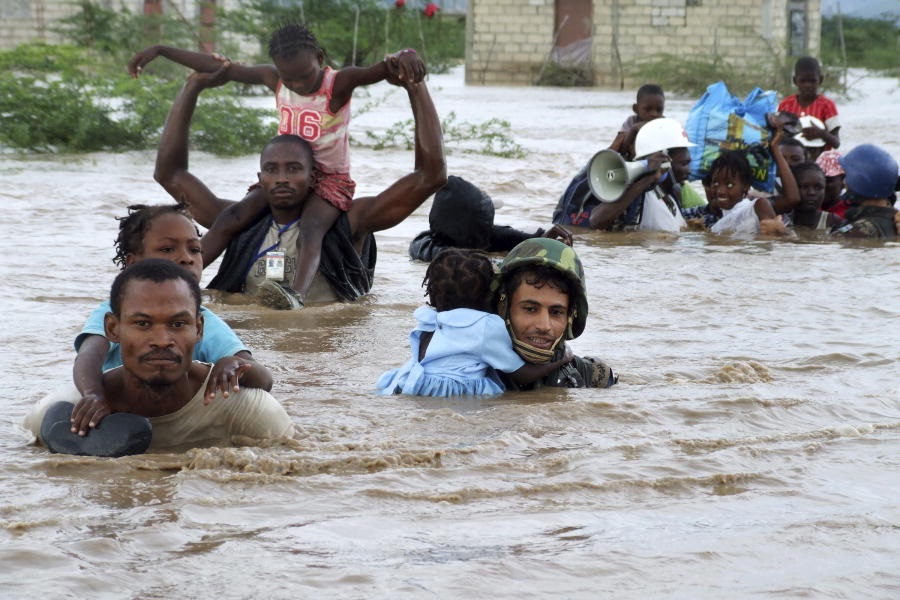Our Correspondent
New Delhi, July 5:
As the restless rains and massive floods that hit the south of Brazil in May 2024 have left substantial scars on the population, the Lancet has called for robust strategies to be developed so that in similar situations in the future, there is a clear and effective action plan to support the population.
“Let us stand together in solidarity and continue to support those in need and wait for sunshine again after the storm,” the Lancet says in its latest article.
The Lancet says the provision of online consultations by volunteers, such as cardiologists and mental health professionals, might be a partial solution to the difficulties in accessing the health system.
At least 180 people have died from weeks of record flooding in Rio Grande do Sul, southern Brazil, with 32 others still missing. Torrential rains began on April 29 and persisted for days, inundating cities across the state. Rescue and recovery efforts commenced once the flooding began to subside in mid-June.
According to the Lancet more than 422 753 people have been displaced—a number that is certainly underestimated.
With landslides, destroyed roads, and collapsed bridges, almost a million people do not have access to drinking water.
Many cities are unreachable, or even worse, completely submerged. The state of Rio Grande do Sul in south Brazil and 265 cities have declared a state of calamity.
The disaster becomes more evident with each passing day. On May 3, 2024, the ongoing rain affected hundreds of thousands of inhabitants and damaged crucial civilian infrastructure, including homes, schools, hospitals, and water and electrical supplies. Hospitals in affected areas needed to transfer many critically ill patients by helicopter or boats.
In many cities, people are facing major shortages of food, water, and life-saving medicines, which are increasingly difficult to deliver due to the blockade of roads trying to reach the region with supplies.
“In the middle of this humanitarian crisis, restricted access to essential health resources for people living with health conditions is worrisome. Access to health-care services such as dialysis or consultations has been affected,” the Lancet says.
The effects of massive rains, which began in late April, might have the potential to disrupt different domains of health care. First, infrastructures such as deliveries and pharmacy services have been disrupted, resulting in shortages and rationing of medications. Without appropriate treatment, there is a risk of life-threatening complications. The transport of medical emergencies is compromised by flooded or destroyed roads. Second, a huge number of the victims and rescuers were placed in contact with flooded areas, which might contribute to the transmission of diseases such as dengue and leptospirosis.
Third, the lack of energy puts the storage of supplies and medications (eg, insulin) at risk. Last, the effect on these individuals’ mental health is immeasurable. Many places were already seriously harmed in September, 2023, by a high volume of precipitation that mainly affected areas around the Taquari River, but what we are currently experiencing is unprecedented. These recurrent situations become a perfect scenario for an imminent psychological disaster.
“This is a moment of solidarity and empathy with the people of Rio Grande do Sul, especially for those living with health conditions. While we wait for the storm to pass, we need strategies to help these patients in a timely manner,” says the Lancet.
“As we witness the aftermath of this devastating flood in Brazil, this event reminds us that in times of crisis, humanity shines brightest, so let us stand together in solidarity and continue to support those in need and wait for sunshine again after the storm.”
Ends




